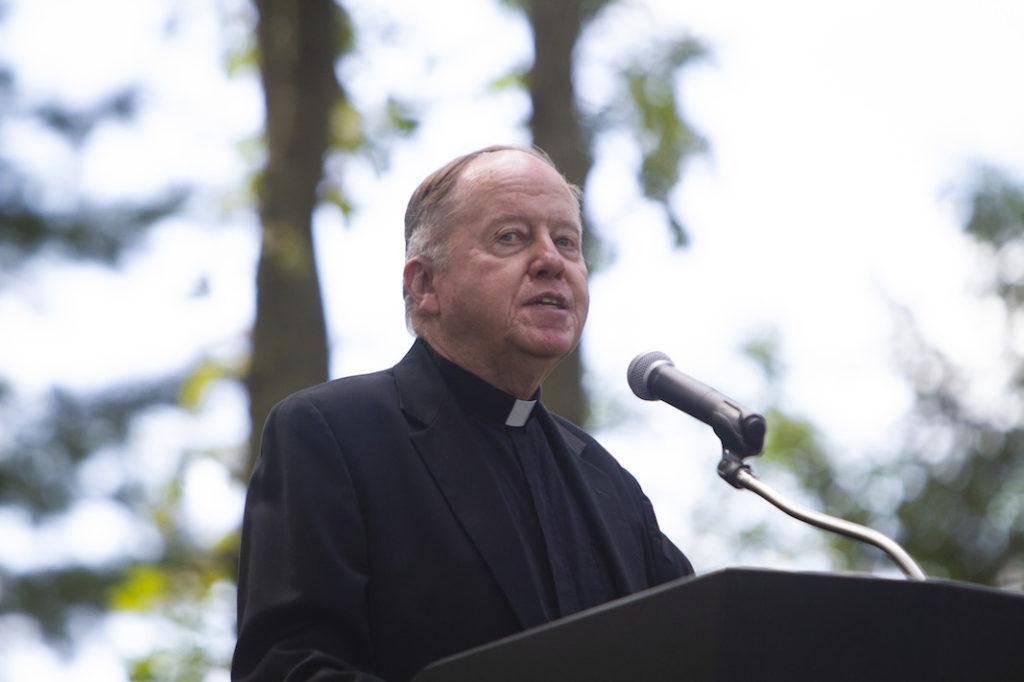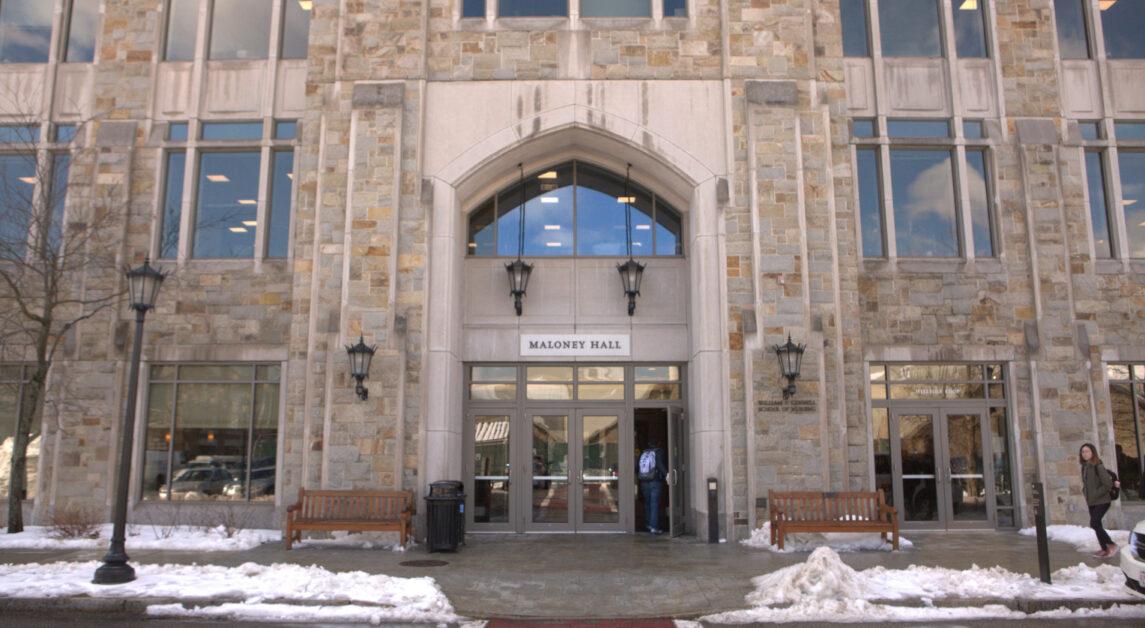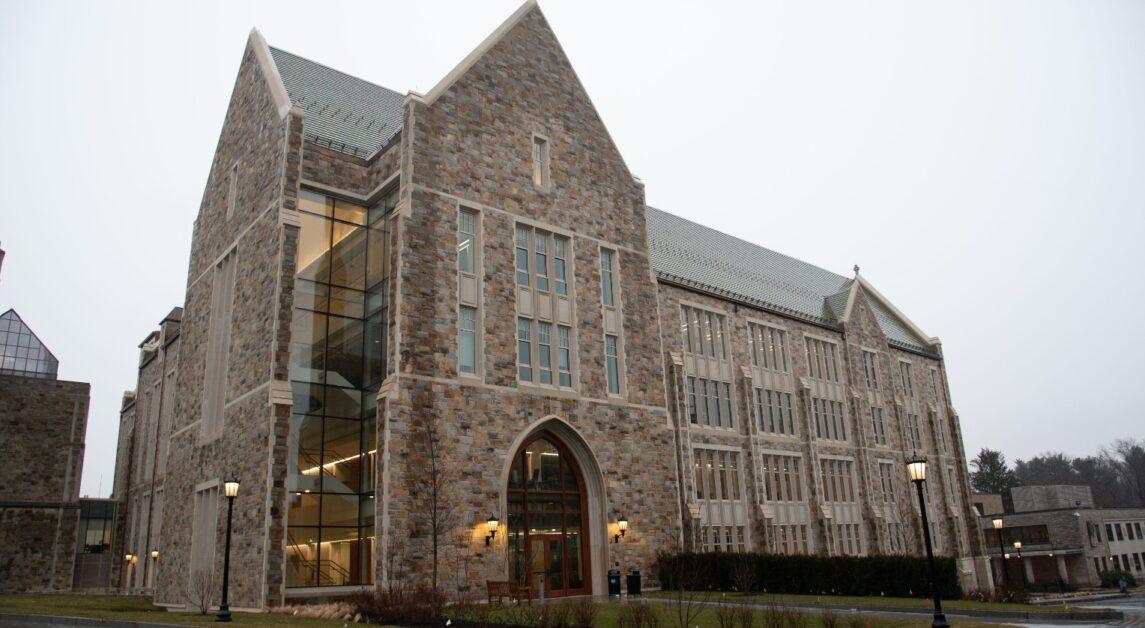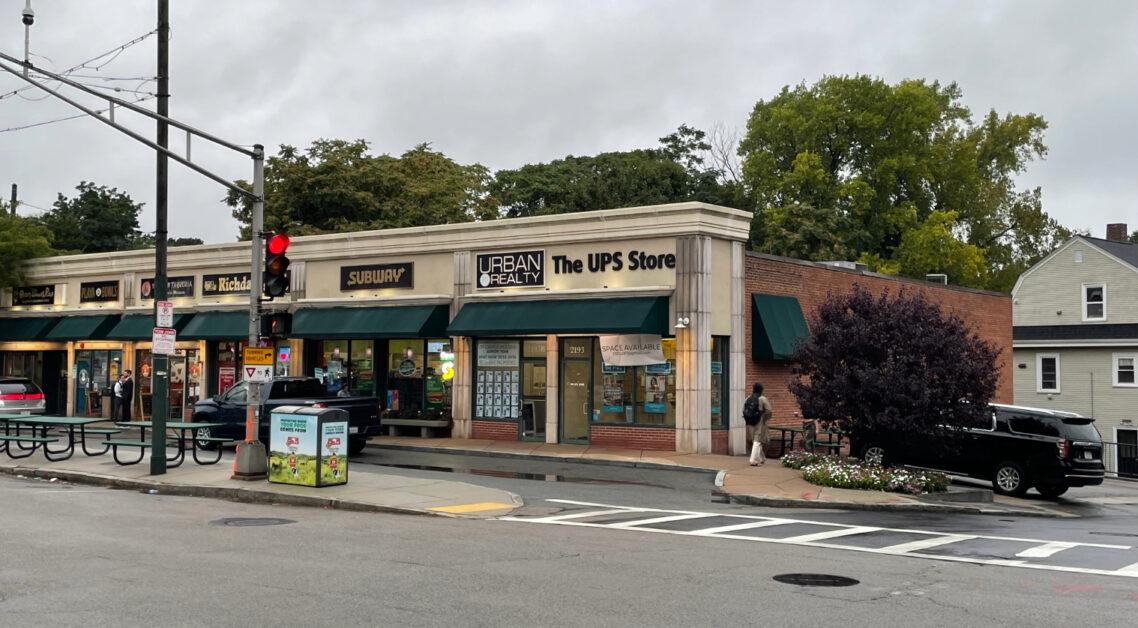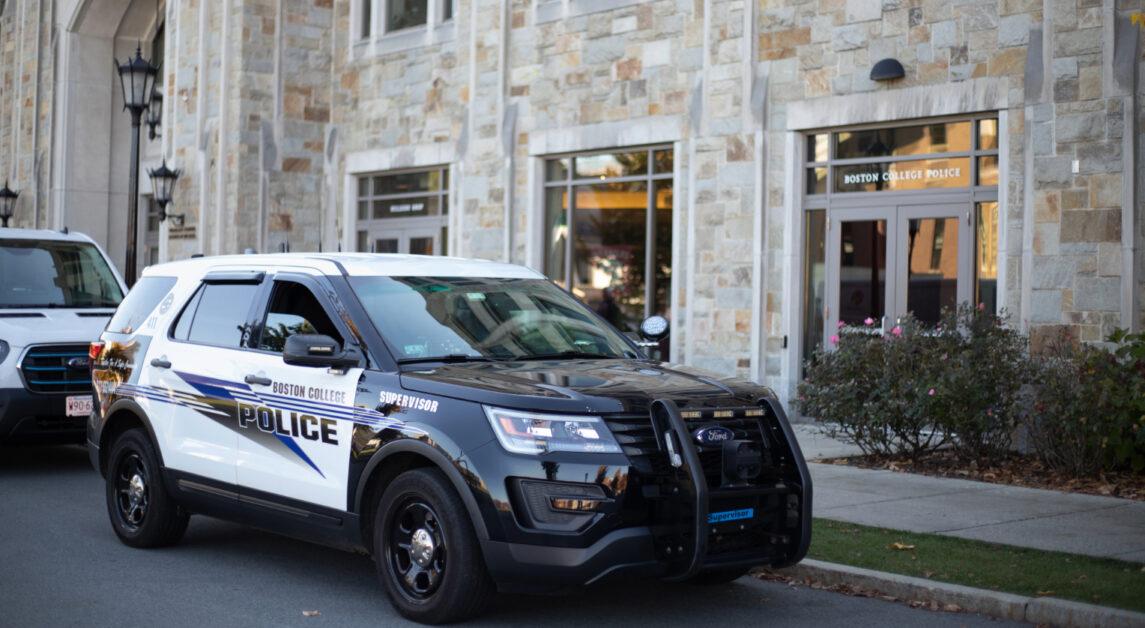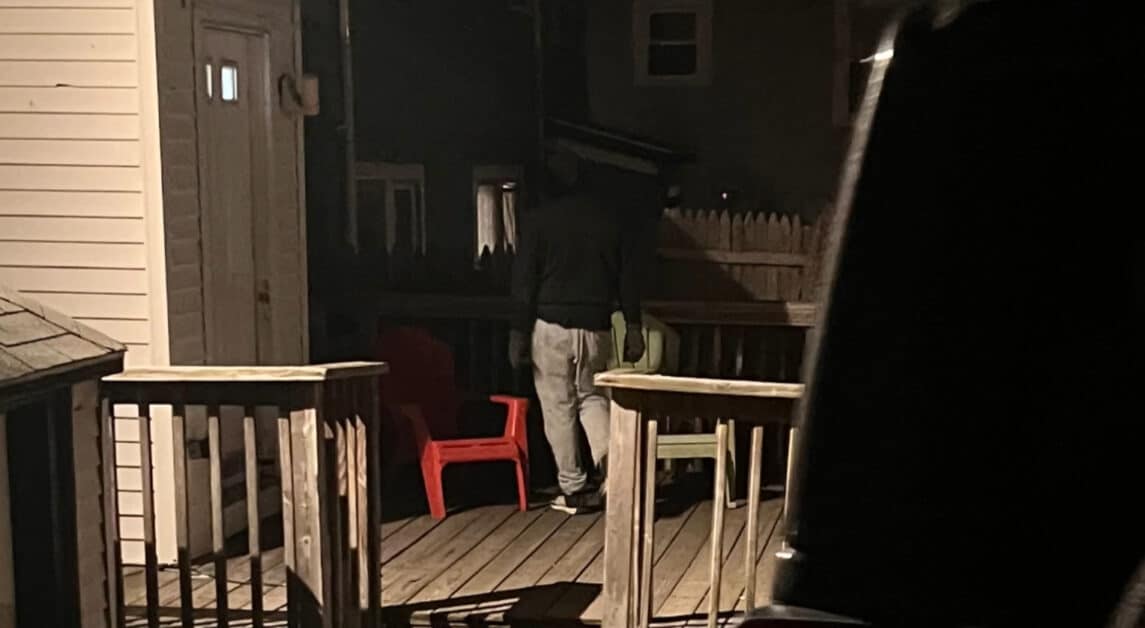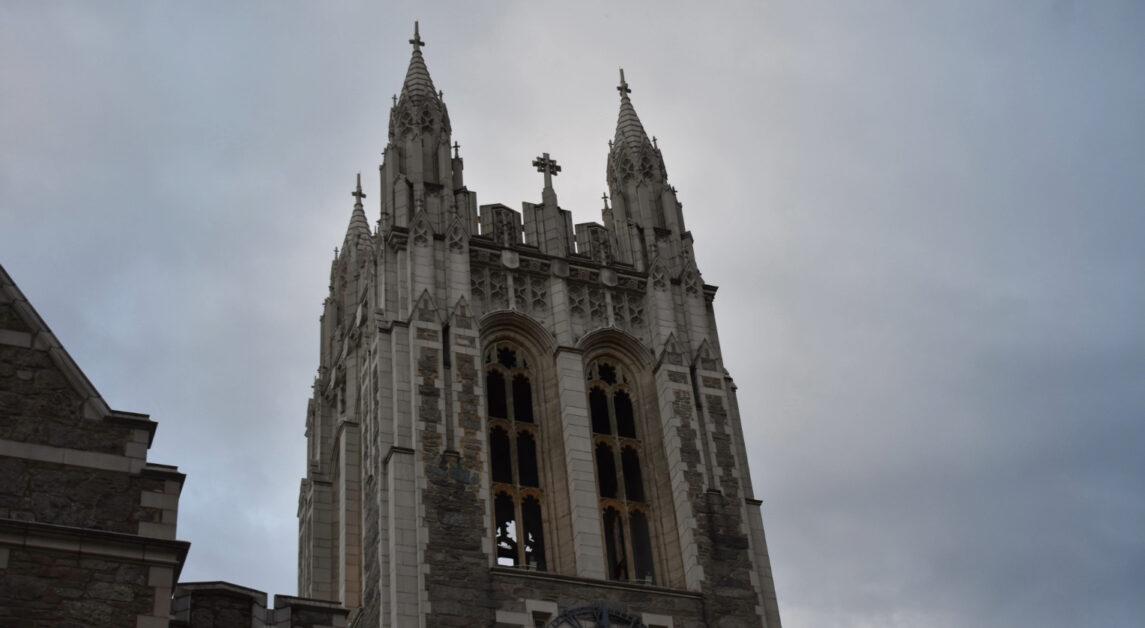Boston College President Rev. William P. Leahy, S.J., joined the presidents of 42 other Massachusetts colleges and universities in signing a letter expressing concern over recent developments in how the United States processes visas.
The Association of Independent Colleges and Universities in Massachusetts (AICUM), of which BC is a member institution, sent the Sept. 16 letter to the state’s congressional delegation.
“As presidents of colleges and universities throughout Massachusetts, we write to share our concerns that recent developments in federal immigration policy are making it increasingly difficult for the Commonwealth’s colleges and universities to attract and retain international students, faculty and researchers,” the letter said.
The letter made note of the 68,000 international students that attend Massachusetts colleges and universities and noted four specific areas of concern: increased visa processing delays, increased processing delays for Optional Practical Training, increased requests for evidence for H-1B visas, and the uncertainty faced by students hoping to travel overseas.
A University-high 1,878 international students attended BC in the 2018-2019 academic year, according to the Office of International Students and Scholars. Compared to other schools in the state, BC has the ninth-most international students relative to its total student population.
The letter cited a report from the American Immigration Lawyers Association that found that the average processing time for visa applications had increased 46 percent over the 2017-18 fiscal year. The letter said that students facing these long processing times rarely receive regular updates and often miss portions of the academic year.
“These delays are directly impacting the competitiveness of U.S. companies by denying them access to high-skilled labor and limiting the ability of international students to contribute to the U.S. economy,” the letter said.
Also included was a reference to the travel ban, which prevents most citizens from Syria, Iran, Libya, Somalia, Yemen, North Korea, and Venezuela from visiting, working, and studying in the United States. The AICUM letter said that the lack of clarity in the waiver process has left students and scholars from these countries unsure of their status.
Leahy condemned the travel ban in January 2017, just after President Donald Trump signed the original order.
The college and university presidents also pointed to recent delays for Optional Practical Training applications, the timeframe of which has increased from the previous 90 days to five months. Optional Practical Training allows student visa holders to gain up to a year of employment in their field of study either before or after graduation. The letter noted that the 90-day pre-application window has left students missing up to two months of their employment.
The letter also said that U.S. Citizenship and Immigration Services has started to ask for more information from visa applicants, postponing the issuance of H-1B visas. Requests for additional evidence have more than doubled between the third and fourth quarters of the 2017-18 fiscal year, according to the letter.
“These requests delay the issuance of visas for our faculty and staff by months, increase legal costs, and place our students and employees in limbo by prohibiting employment and travel while we await their status,” the letter said.
The letter ended with a general description of the uncertainty faced by international students, explaining that students have even had valid visas revoked or been barred from reentering the country as they attempted to return to school.
Featured Image by Mason LaFerney / For the Heights

